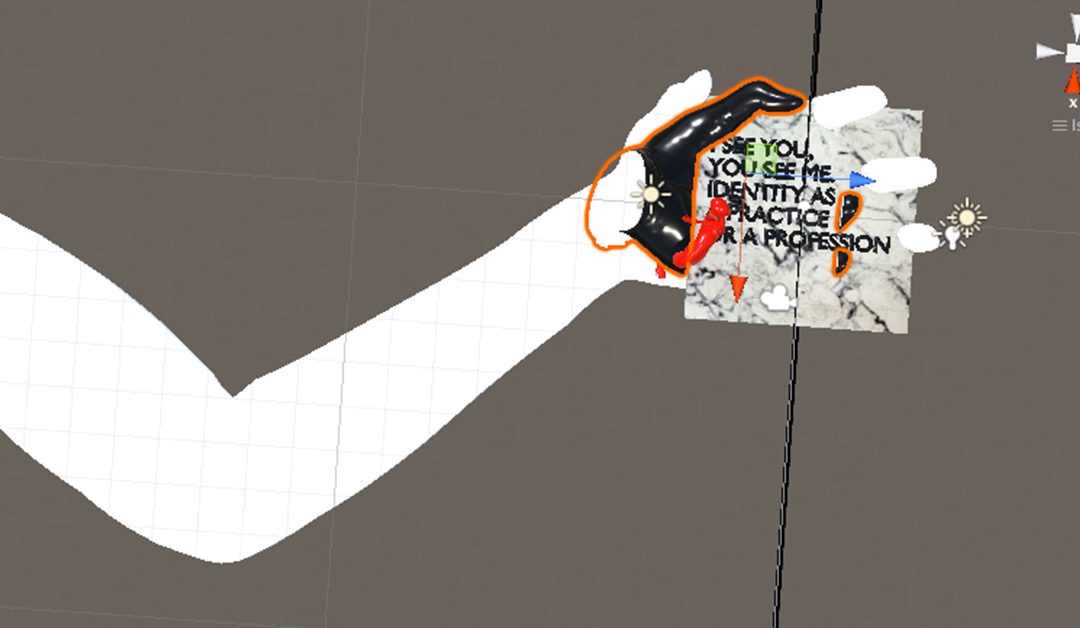This November Kaunas Artists’ House is hosting the last participants of this season’s residency programme: artists Daniel Neubacher (DE) and Lukas Zerbst (DE). D. Neubacher and L. Zerbst both attended the University of the Arts Bremen in Germany, where they studied contemporary sculpture. In his varied sculptures, D. Neubacher examines questions of digitisation, identity and the social role of the artist, whereas the core of L. Zerbst’s practice is working with the space and exploring the contemporary discourse on productivity. Within the framework of the KAH residency programme the artists are developing “Behind Closed Doors”, an experimental, site-specific, multimedia performance, which will be presented at KAH on 29 November, 2018.
During their residency in Kaunas, the artists will undertake a programme of open studio events:
ARTIST TALK / OPEN STUDIO #1
20 November, 6 pm
In their first open studio event L. Zerbst and D. Neubacher will discuss their artistic practices and previously developed projects.
PROJECT TALK / OPEN STUDIO #2
27 November, 6 pm
The second event is dedicated to “Behind Closed Doors”, the project that is currently being developed by the artists and will be presented during KAH’s birthday on the 29th of November, 2018.
Kaunas Artists’ House residency programme was launched in 2018 with the aim to present the most relevant contemporary artists, curators and cultural researchers working in Lithuania and abroad to the residents and guests of Kaunas city. The residency program aims to foster intercultural, cross-institutional and cross-sectoral cooperation, to provide artists and cultural producers with the opportunity to become acquainted with the historical and cultural context of the city during their residency, to facilitate their cooperation with other artists or cultural producers and local communities.
The event will be held in English.
Daniel Neubacher is a conceptual sculptor born 1985 in Nuremberg, Germany. He fnished his postgraduate-diploma program at the University of the Arts, Bremen in 2016. Neubacher’s work incorporates critical discourses evolving around media, identity, authenticity and production.
Shape-wise his rare, physical works are in an aesthetic correlation with commercial products. This is due to the fact that Neubacher is fascinated by the ascription of productivity and potential towards current technological devices. Neubacher sculptures often reflect on the circumstances of them being on display and the contextual surroundings as well on their original purpose and function. Neubacher’s relationships towards the sterile aesthetics of photographing, 3D scanning and technological computer research studios and facilities often reappear in the presentation of his pieces.
In his current artistic research Neubacher explores critical questions evolving around the means of contemporary artistic production and display, presentation and utilization of artworks as well as the artist’s identity in the era of social media and the impossibility of an imperative need of materialization in a highly mobilized, instantaneous time where innovation in display is no longer the primacy of the artist alone.
Neubacher is a fellow of the German academic foundation and has taken part in several exhibitions in Germany, Bucharest and the USA. He also taught a 3D modeling and animation seminar at the University of the Arts Bremen in 2015.
Lukas Zerbst was born in Poland, got migrated to Germany by his parents, lives nowhere today and works everywhere. He overcomes borders with his engagement in transcultural projects with Vietnam, Lithuania or Florida. In his site-specific installations he uses on-spot material, intervenes in space, enhances it with mechanical or electrical components and video. The interest in an intermediate encounter between the viewer viewer and the art work brought him to work with performance art at first.
Today he finds this moment in his work with space. Lukas sees space and its inner elements as living subjects with an urge to encounter its visitors. The breakup of the constant of physical space results in a performance of the objects. Beyond an irritation or the spectacular those manipulated objects of purpose represent human desire. Our surrounding consists of this expressive material: on one hand following a concrete purpose, on the other hand, representing human habit. The trial to free space or elements of the space from this transposition results in an autonomy of the objects. As a gesture, it simultaneously stands in the sign of technoid society. Our artificial surrounding becomes a protagonist. In that sense Lukas’ work maybe is a hyperbole of a succeeded or failed internet of things; smart home as housing bliss or poltergeist.
With such an archaeological view on the present he attends cross cultural projects with artists from abroad. In a variety of exhibitions and theater pieces he understood art as a neutral zone that has the ability to provide democratic results. As an intersection of contrary interests, a segment of a cosmopolitan entity. A longer stay in Vietnam had a big influence on Lukas. Hence he raises questions to the global art market: What language does art speak and who understands it? How ephemeral is it in the course of our hyperproducing global society? How much of a reaction is it to the circumstances in which it is created? Or is it ignorant enough to permedit it?
Lukas studied Fine Arts at the University of the Arts Bremen, Germany in the time-based media class of Prof. Jean-François Guiton and is currently masterclass student at Prof. Jenny Kropp and Prof. Jean-François Guiton.

